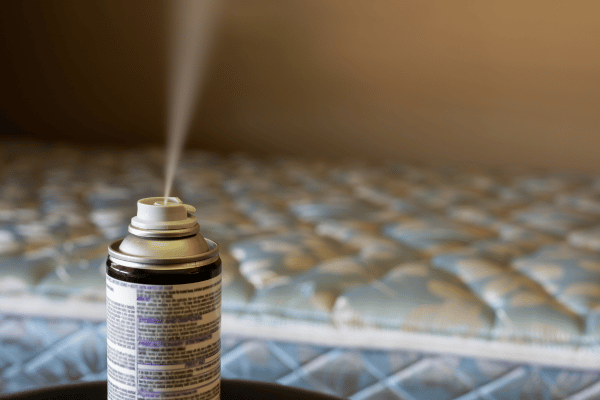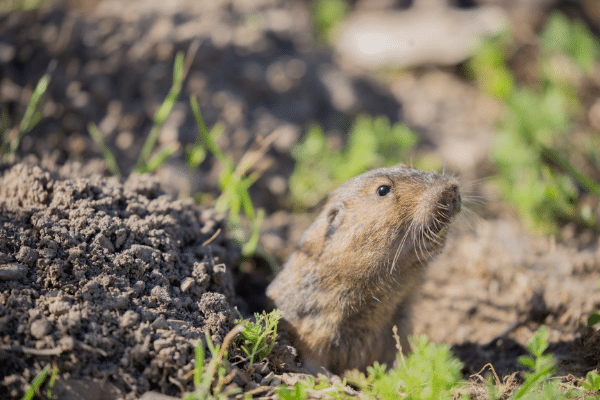Can Humans Get Fleas?
This post may contain affiliate links so I earn a commission.
A question many pet owners ask is.....can humans get fleas? The short answer here is yes.
Humans can get fleas but not in the same sense that pets do.
The main difference is that humans lack enough body hair to provide a comfortable habitat for the biting little freeloaders to live indefinitely.
Canine fleas and Feline fleas are the most common cause of flea bites and home infestations.
The common names themselves indicate that we aren't the main target of the fleas, instead just another type of cuisine for them to try out.
While it might feel like you are personally under assault, it's much more likely that a pet is the source as well as the target of the attack.

Fleas are more often attracted to humans, resulting in bites, when they're in close proximity to an infected animal – such as a family pet.
This is why it's especially important to make sure your pet is protected against the blood-sucking intruders by using appropriate measures, such as flea preventatives prescribed by a veterinarian.
Can Humans Get Fleas? Yes, But Very Uncommon
While fleas don't mind chowing down on a human host, it's incredibly rare for a human to carry fleas on themselves.
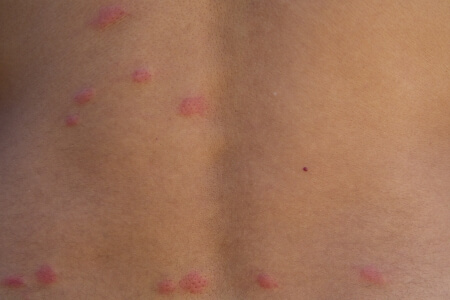 Flea Bites On A Human
Flea Bites On A HumanFleas thrive in dark, dense, moist areas, like animal fur or grass - barring few exceptions - this generally does not apply to humans.
Humans don't usually carry fleas because of our overall lack of body hair which doesn't provide adequate cover for fleas and their families.
Unless a human is covered head to foot in the equivalent of a sasquatch costume it's extremely unlikely that a person will become infested with fleas.
Can Humans Get Fleas - The Dangers
When it comes down to it, people are just like any other warm-blooded mammal and as such, we aren't immune to the bites of fleas looking for a warm lunch.
Not only do they leave nasty itchy bites and invade your home, which can take a matter of months to recover from - there are several diseases that fleas are capable of spreading from host to host.
In areas where prairie dogs are common, the bubonic plague has the potential to be spread from rodent, to pet, to human via the flea.
Fleas have the potential to feed on an infected host and then move on to a new host, feeding and consequently regurgitating infected blood pathogens into the hosts bloodstream - in our case, a human who has come under attack by fleas.
In this scenario, the host is now infected and has the potential to develop any number of potentially dangerous conditions.
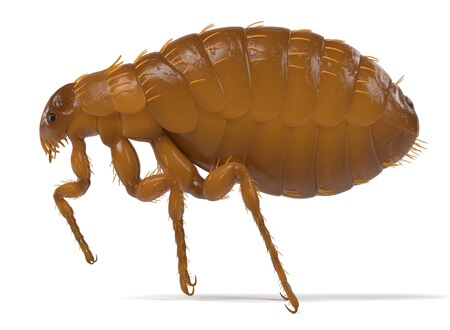
Looking back into medieval times it's easily seen how much of an impact flea bites can have on humans; the bubonic plague ran rampant through Europe and killed 25 million people, a result of bites from infected fleas.
In modern times, new reports of the bubonic plague are relatively rare; only about 7 a year are reported in the United States, but history shows us just how detrimental these small insects can be to the human population if medical intervention isn't readily available.
Other potential diseases could include Lyme disease, cat scratch fever, and West Nile virus.
All are medically significant when humans are infected and all above-mentioned conditions require medical treatment, sometimes extensively.
Can Humans Get Fleas - Protection
Now that you know the answer to the question can humans get fleas...which is technically yes, you're understandably wondering how you can protect yourself from their invasive company and bothersome bites.
While you don't think too much about giving your pet a flea dip or a flea collar, you're probably not too keen on sporting one of those powdery white collars to the office anytime soon – and you shouldn’t - so how do you combat fleas?
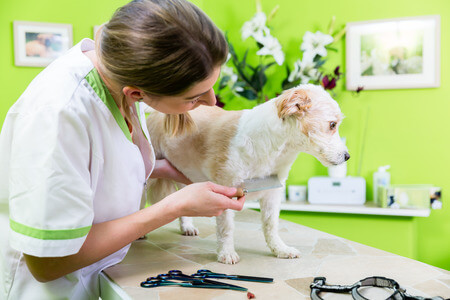
Not only would it be awkward to use flea prevention methods for pets on yourself, but it's also not a safe way to combat a flea problem for a variety of reasons but there are a few ways to make sure you're not the next human infested with fleas that aren't too troublesome.
Tea Tree Oil - This essential oil seems to be put into a lot of things these days, and for good reason!
Not only can Tea Tree Oil be a great deterrent to fleas but it helps repel other critters like lice as well.
A few drops of Tea Tree Oil added into shampoo and body wash can help humans avoid fleas and their irritating bites.
Using a Flea Preventative on Pets - Pets are the most common cause of flea introduction into the home.
Playing with other pets or simply walking in densely forested or grassy areas could be just the invitation the fleas were waiting for to join your family and move into your home.
Making sure all of your pets are on a flea preventative will go a long way towards ensuring no humans get fleas in your home.
Keeping a tidy home - If there's one thing a flea hates, it's a clean home.
Fleas love a mess, especially thick dirty carpets and cluttered piles of fabrics.
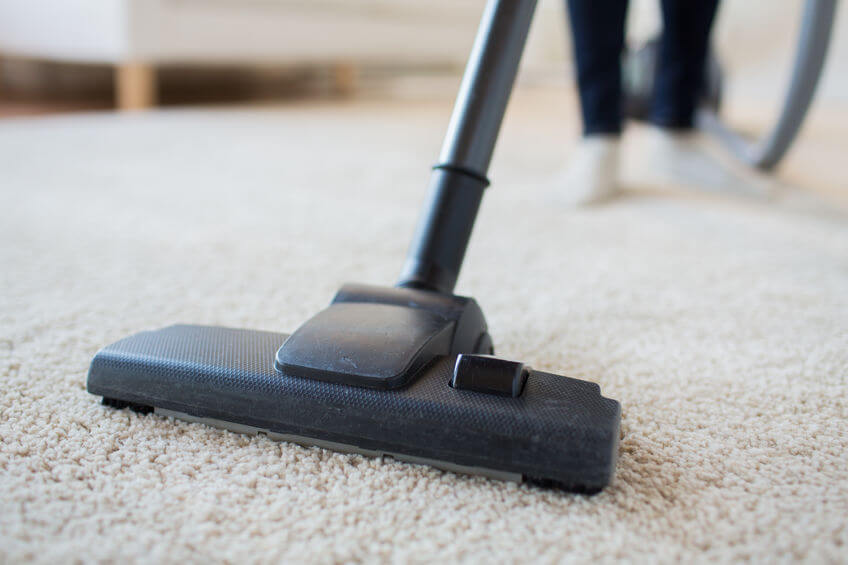
Keeping a clean home will help you to avoid those pesky critters and will provide a wide barrier between any human flesh and biting fleas.
It's especially important to remember not to use soapy products that aren't designed for carpets.
These products can make the fibers of the carpet stick together and help to protect flea larvae hiding deep within it.
Can Humans Get Fleas - Overall
Can humans get fleas?
Yes, a human can technically have fleas, but it is astoundingly rare.
While humans are commonly bitten by fleas and can be infected with a variety of diseases that fleas can potentially carry from other hosts, it's unlikely a human will encounter a large-scale problem with fleas, such as a bodily infestation.
As long as you steer clear of areas infested with fleas, keep your pets protected with a flea preventative and keep your surroundings clean you won't have to worry about fleas living on your body.

